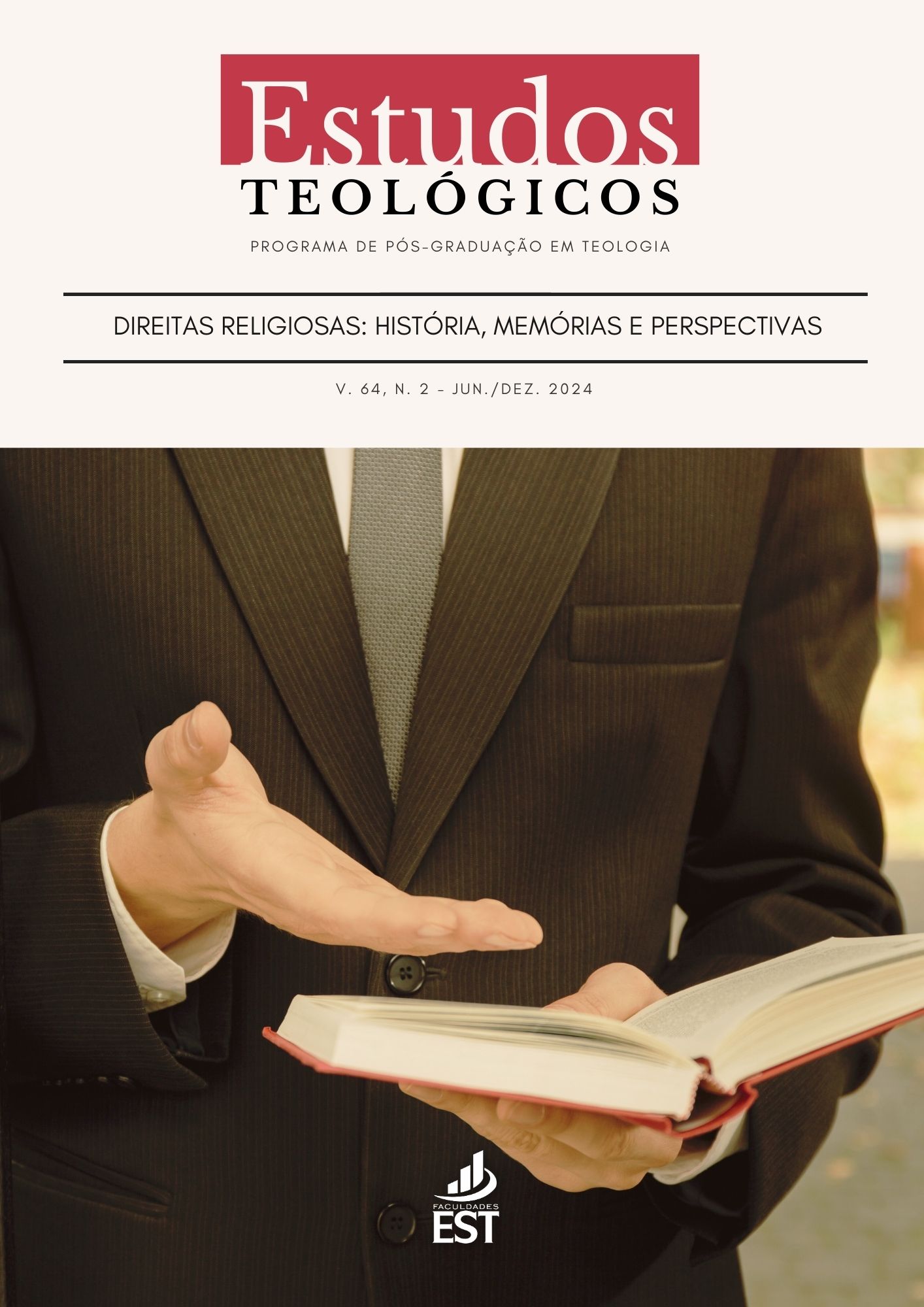State, Church and Inquisition: Incommunicability
“The Payer of Promises” and “The Holy Inquiry”, by Dias Gomes
DOI:
https://doi.org/10.22351/et.v64i2.2988Keywords:
Ex-votos, language, syncretism and Crypto-Judaism, literature, theater and cinema, human rights, cultural, social and religious diversityAbstract
In the plays “O Pagador de Promessas” [1959] and “O Santo Inquérito” [1966], the playwright Dias Gomes, born in Salvador, reveals that the capacity for communication between human beings is relative and that language, instead of being a link between people, can become a terrible source of misunderstanding and destruction. Starting from a critical reflection on historical praxis, I researched incommunicability in Dias Gomes' theater. I defined a corpus: “O Pagador de Promessas” and “O Santo Inquérito”. In the theoretical-methodological itinerary, I chose qualitative research, with a bibliographical and documentary approach. In the plays investigated, Branca Dias and Zé-do-Burro reveal themselves to be two pure human beings fighting against a ruthless conspiracy that does not accept purity, taking advantage of it and, in the end, destroying it. In the trilogy, State, Church and Tribunal of the Holy Office of the Inquisition — currently, called the Congregation for the Doctrine of the Faith —, the great weapon used against Branca Dias and Zé-do-Burro is the systematic and coherent exploitation of the protagonists’ words and actions to form concepts that are entirely different — in essence — from the characters’ intentions.
Downloads
Published
How to Cite
Conference Proceedings Volume
Section
License
Política de Acesso Livre
A Revista Estudos Teológicos é de acesso livre, o que significa que todo o conteúdo está disponível gratuitamente, sem custos para o usuário ou sua instituição. Os leitores podem ler, baixar, copiar, distribuir, imprimir e compartilhar os links para os textos completos dos artigos, desde que com a devida atribuição de autoria e fonte original, conforme a licença abaixo.
LICENÇA CREATIVE COMMONS
Esta obra está licenciada sob uma Licença Creative Commons Atribuição-NãoComercial 4.0 Internacional (CC BY-NC 4.0).












